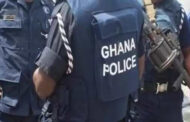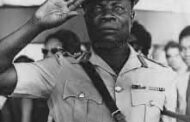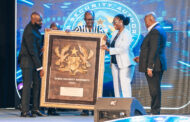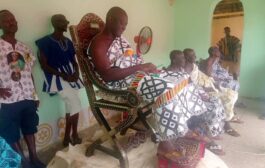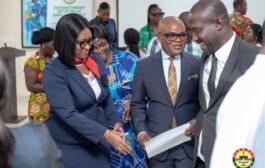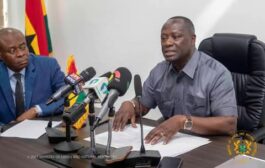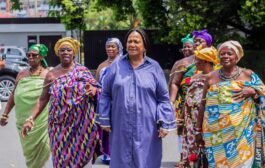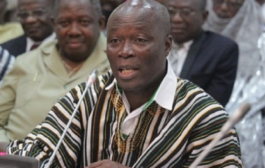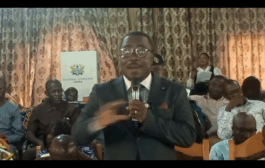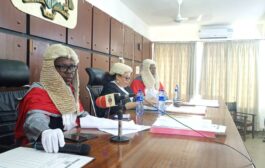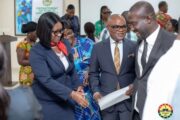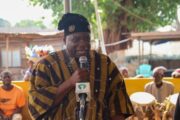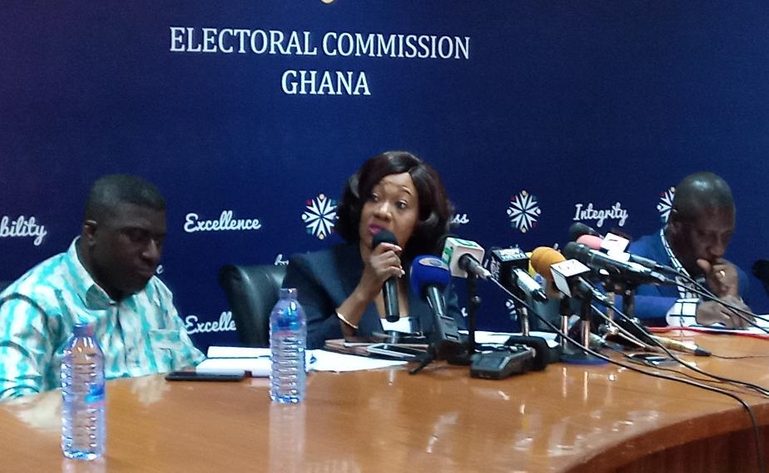Today, 28th February, 2023 marks the 75th Anniversary of the 28th February Christiansborg Crossroads shooting incident which led to the killing of three war veterans in the colonial era.
The landmark incident, which occured in 1948, led to the killing of Sergeant Adjetey, Corporal Attipoe and Private Odartey Lamptey.
Background
In January 1948, the Ga chief, Nii Kwabena Bonne III, known in private life as Theodore Taylor (1888–1968), had organized a boycott of all European imports in response to their inflated prices.
The boycott’s aim was to press the foreign traders known as the Association of West African Merchants (AWAM) to reduce the inflated prices of their goods.
The boycott was followed by a series of riots in early February 1948.
The day the boycott was scheduled to end, 28 February, coincided with a march by veterans of World War II.
The march on 28 February 1948 was a peaceful attempt by former soldiers to bring a petition to the Governor of the Gold Coast requesting the dispensation of promised pensions and other compensation for their efforts during the war.
The ex-servicemen were members of the Gold Coast Regiment, who were among the most decorated African soldiers, having fought alongside British troops in Burma.
They had been promised pensions and jobs after the war; however, when they returned home, jobs were scarce and their pensions were never disbursed.
As the group marched toward the Governor’s residence at Christiansborg Castle, they were stopped and confronted by the colonial police, who refused to let them pass.
The British police Superintendent Imray ordered his subordinate to shoot at the protesters, but the man did not.
Possibly in panic, Imray grabbed the gun and shot at the leaders, killing three former soldiers: Sergeant Adjetey, Corporal Attipoe, and Private Odartey Lamptey.
Apart from the three fatalities, a further 60 ex-servicemen were wounded.
People in Accra took to the streets in riot.
On the same day, the local political leadership, the United Gold Coast Convention (UGCC), led by the Big Six, sent a cable on the same day to the Secretary of State in London.
They also blamed the Governor Sir Gerald Creasy (whom they called “Crazy Creasy”) for his handling of the country’s problems.
The UGCC cable further stated: “Working Committee United Gold Coast Convention declare they are prepared and ready to take over interim Government. We ask in name of oppressed, inarticulate, misruled and misgoverned people and their Chiefs that Special Commissioner be sent out immediately to hand over Government to interim Government of Chief and People and to witness immediate calling of Constituent Assembly.”
The unrest in Accra, and in other towns and cities, would last for five days, during which both Asian and European-owned stores and businesses were looted and more deaths occurred.
By 1 March, the Governor had declared a state of emergency and a new Riot Act was put in place.
Source:Mybrytfmonline.com/Kwabena Nyarko Abronoma







